Strengthening mobility governance
In many MobiliseYourCity member cities, urban mobility governance frameworks suffer incoherencies and lack of adequate resources, which in return, hampers the proper delivery of urban mobility services. For example, in some cities, the mandate on urban mobility is scattered between several different institutions over the metropolitan area leading to uncoordinated mobility services in each geographical area. A frequent case is also a distribution of mandate over the various transport modes, with no proper coordination between the institutions in charge of the various modes, for example typically with one authority in charge of the road network and another authority in charge of public transport. Lack of coordination can also happen between the institutions in charge of regulation and infrastructure implementation on one hand and operation on the other hand. Lastly, the lack of financial and human resources in the institutions in charge of urban mobility is often another important hamper to the proper delivery of urban mobility services. This can especially be the case at the local/city level when a devolution process is not or is insufficiently implemented.
As Sustainable Urban Mobility Plans (SUMPs) focus on the functional urban area, they can provide valuable insights into ongoing or future decentralisation processes and inform the establishment or improvement of local and metropolitan transport and mobility institutions, while building local capacities throughout the process.
In 2021 MobiliseYourCity has made the strengthening of mobility governance one of its priorities. This has led to the development of a Governance Toolkit (publication pending) and multiple projects with a strong focus on governance framework strengthening.
Examples of governance support projects:
-

Factsheet Teresina
This factsheet from the Global Monitor 2024 presents the support of the MobiliseYourCity Partnership to the SUMP in Teresina, Brazil.
Read More -

Factsheet Ibague
This factsheet from the Global Monitor 2024 presents the support of the MobiliseYourCity Partnership to the SUMP in Ibague, Colombia.
Read More -
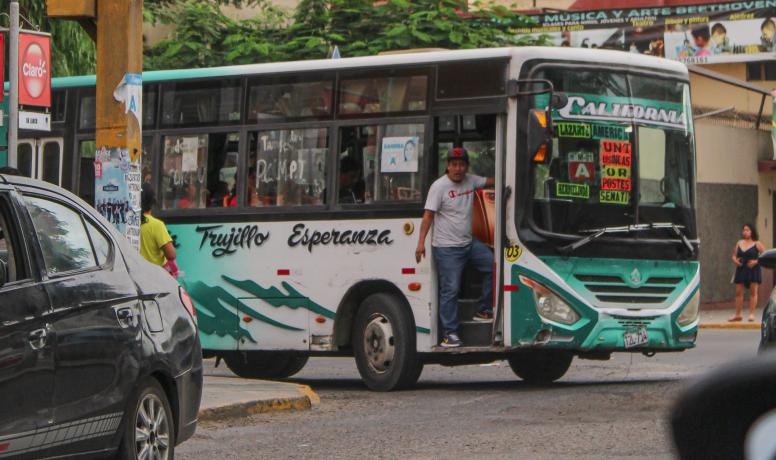
Factsheet Trujillo
This factsheet from the Global Monitor 2024 presents the support of the MobiliseYourCity Partnership to the SUMP in Trujillo, Perú.
Read More -

Factsheet Arequipa
This factsheet from the Global Monitor 2024 presents the support of the MobiliseYourCity Partnership to the SUMP in Arequipa, Peru.
Read More -

Factsheet Tunisia
This factsheet from the Global Monitor 2024 presents the support of the MobiliseYourCity Partnership to the NUMP in Tunisia.
Read More -

Factsheet Kochi
This factsheet from the Global Monitor 2024 presents the support of the MobiliseYourCity Partnership to the SUMP in Kochi, India
Read More -

Factsheet India
This factsheet from the Global Monitor 2024 presents the support of the MobiliseYourCity Partnership to the NUMP in India
Read More
With funding from AFD, our partner CODATU has provided targeted support on governance to the following cities:
-

TUNISIA: Technical cooperation with the Tunisian Ministry of Transport (2016-2018 and 2019-2022)
Tunisian cities are experiencing strong growth in their urban population, coupled with significant urban sprawl, particularly in Greater Tunis. This uncontrolled urbanisation is leading to ...
Read More -

INDIA: Support to Kochi Metro Rail Limited (KMRL) 2015-2017
A four-way partnership between AFD, KMRL, SYTRAL and CODATU began in early 2015. CODATU led this technical cooperation aimed at supporting KMRL, the project owner ...
Read More -
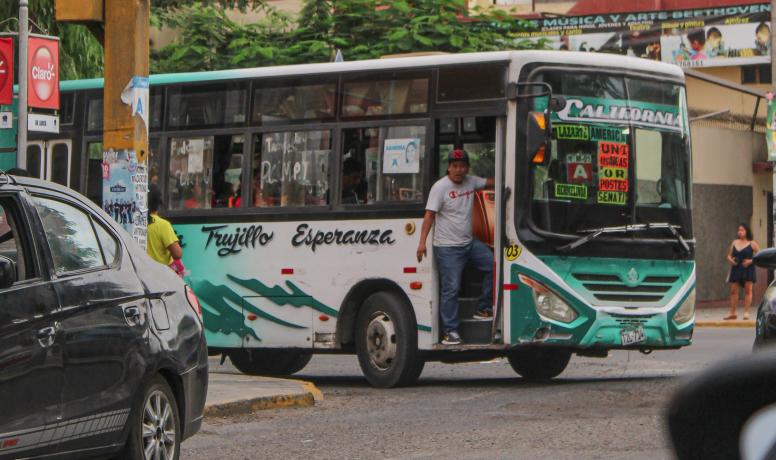
PERU (1): Support for Peru’s Ministry of Transport and Communications (2016-2019)
Peruvian cities are growing rapidly and chaotically, and mobility has become one of the main challenges to urban functioning. Today, this service is provided by ...
Read More -
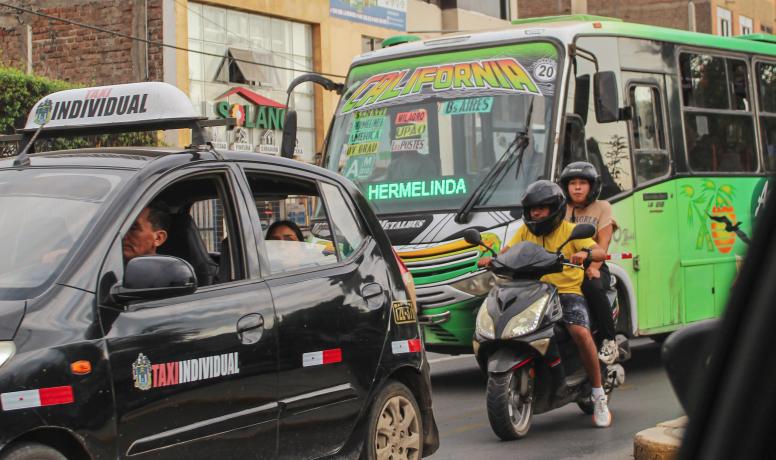
PERU (2): Support for Promovilidad (programme of the Peruvian Ministry of Transport and Communications) (2022 – 2025)
In Peru, the National Urban Transport Policy (PNTU), published in 2019, establishes a set of objectives and prioritises the actions to be implemented in the ...
Read More -
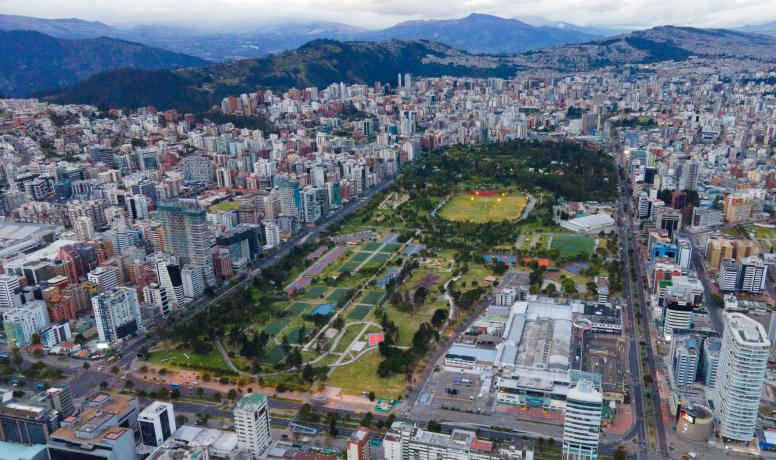
ECUADOR: Support for the Ministry of Transport and Public Works of Ecuador (2018 – 2022)
In Ecuador’s cities, the number of cars on the road is growing, road infrastructure is saturated and of poor quality, demand for transport is increasing ...
Read More -
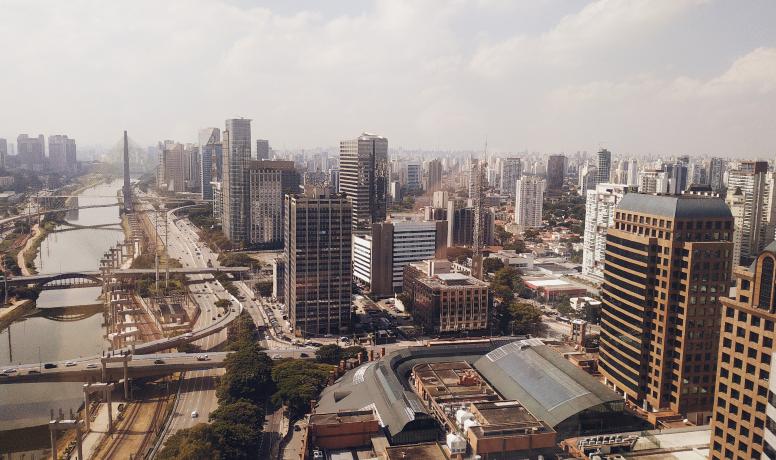
BRAZIL: Support for the Transport Secretariats of the State of Rio de Janeiro and the State of Sao Paolo (2017 – 2020)
In Rio de Janeiro, with the organisation of the World Cup in 2014 and the Olympic Games in 2016, the city has undergone a real ...
Read More
